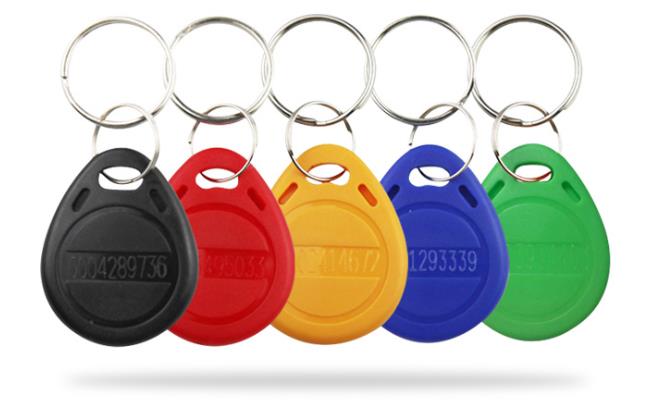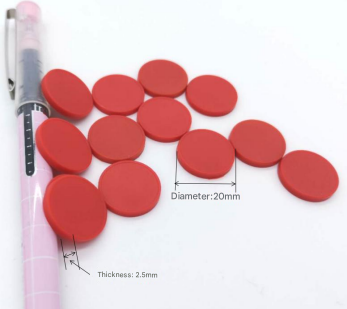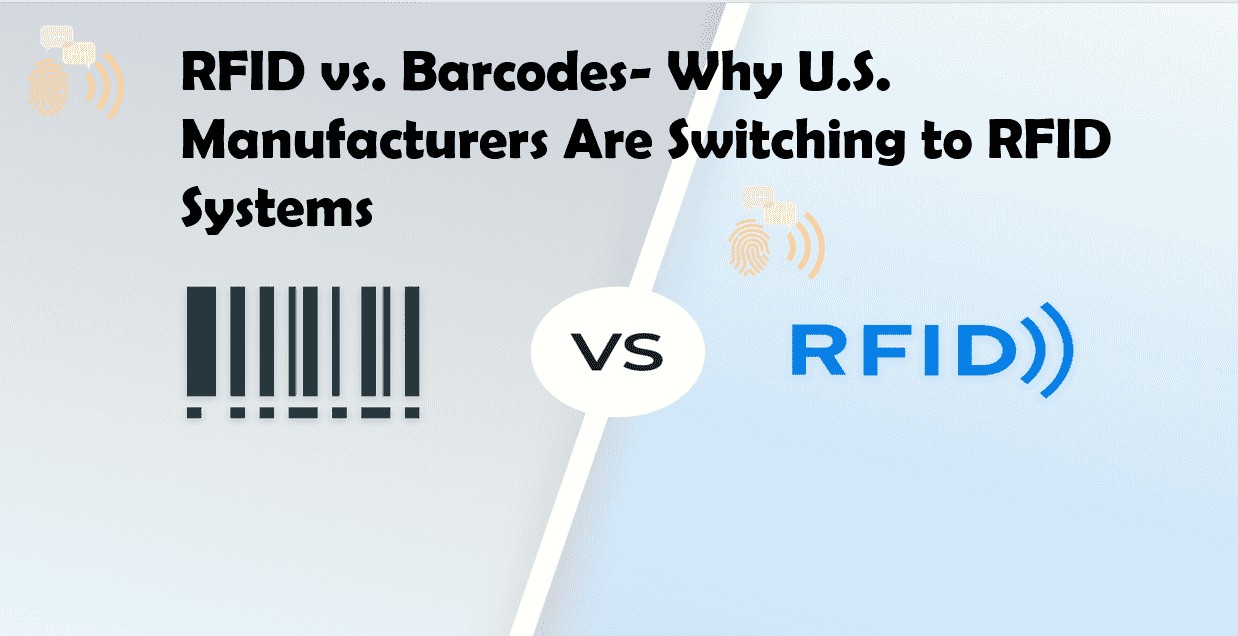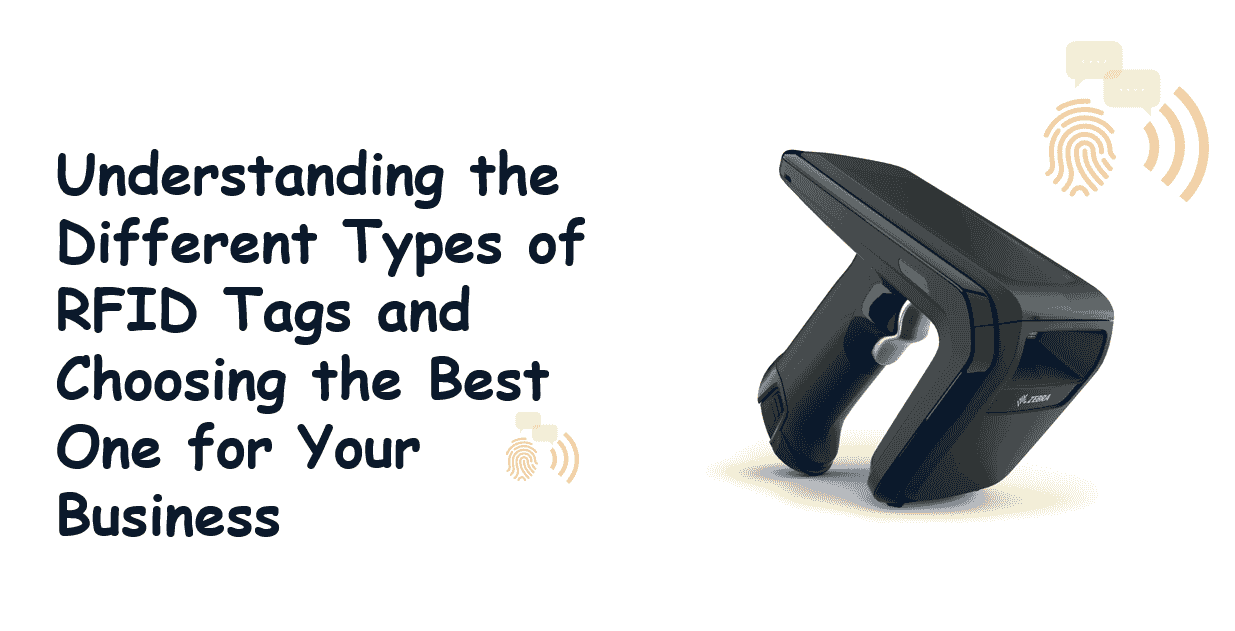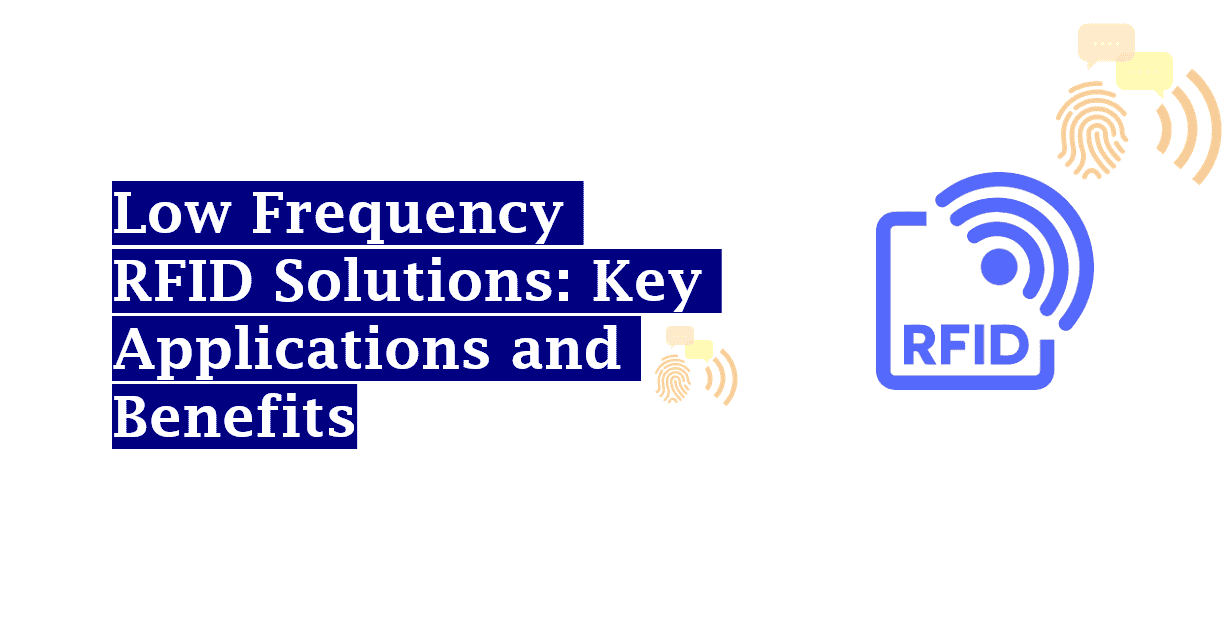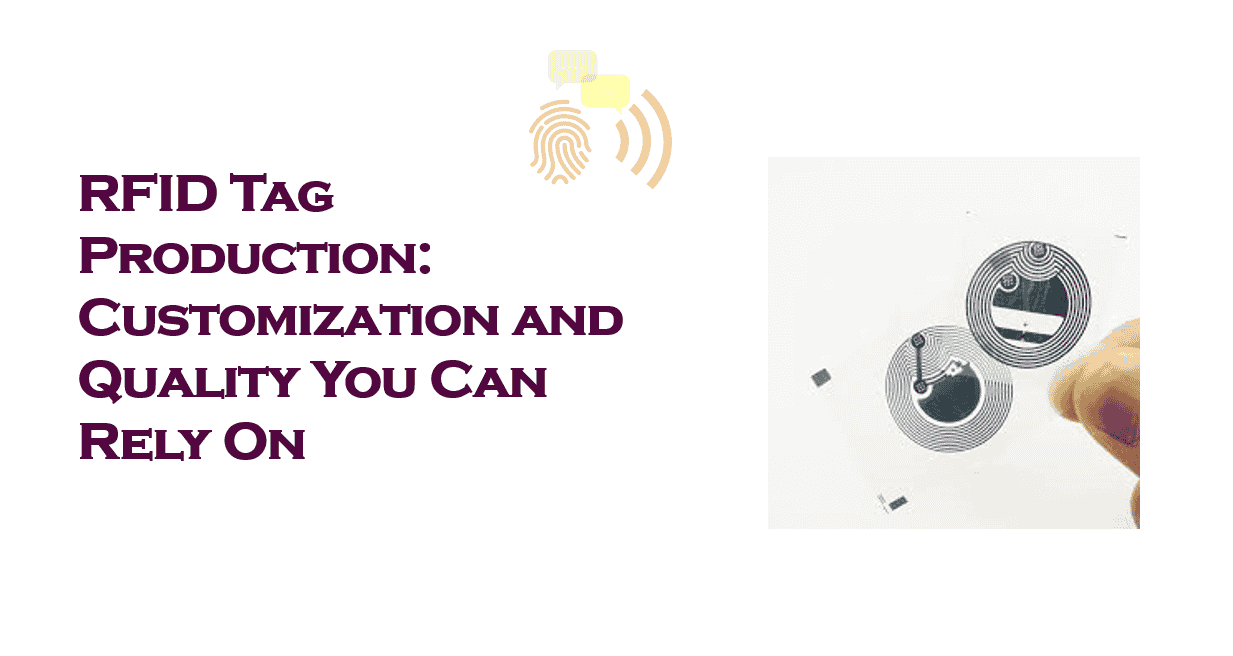Top Industries Benefiting from RFID Technology and How PurchaserFID is Empowering Them
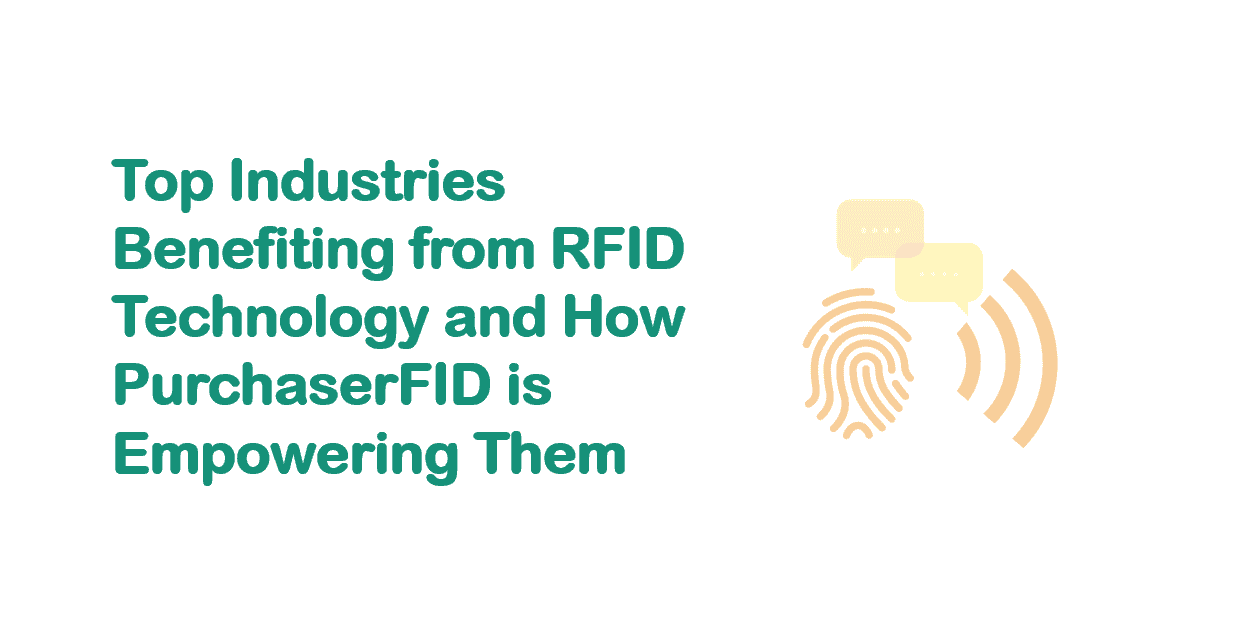
Top Industries Benefiting from RFID Technology and How PurchaserFID is Empowering Them
Radio Frequency Identification (RFID) technology has significantly reshaped how industries manage operations, enhancing accuracy, efficiency, and security. From manufacturing to retail, logistics, and healthcare, RFID is proving to be a game-changer. PurchaserFID, a leading provider of RFID solutions, plays a crucial role in these transformations, offering products that enhance tracking, inventory management, and data accuracy. This article will explore the key industries benefiting from RFID technology and how PurchaserFID’s innovations are driving their growth.
Table of Contents
- Introduction
- Manufacturing: Streamlining Operations and Boosting Efficiency
- Retail: Enhancing Customer Experience and Inventory Management
- Logistics: Optimizing Supply Chains and Enhancing Tracking
- Healthcare: Improving Patient Safety and Asset Tracking
- Additional Industries Benefiting from RFID Technology
- Conclusion
1. Manufacturing: Streamlining Operations and Boosting Efficiency
The manufacturing industry has embraced RFID technology as a vital tool for optimizing supply chain management, reducing errors, and improving asset tracking. RFID tags, attached to raw materials, components, and finished products, allow manufacturers to gain real-time visibility of their operations. With RFID, they can track goods as they move through production lines, providing crucial data to streamline workflow and reduce downtime.
PurchaserFID’s solutions are at the forefront of this transformation. Their RFID systems help manufacturers track inventory levels, reduce waste, and ensure materials are available when needed, minimizing production delays. With real-time data collection, operators can make informed decisions, ensuring better planning and resource allocation. Additionally, RFID solutions from PurchaserFID help prevent theft, misplacement, or damage to high-value tools and equipment by keeping a close watch on their movement throughout the factory floor.
2. Retail: Enhancing Customer Experience and Inventory Management
In the retail industry, RFID technology is improving inventory management, reducing shrinkage, and enhancing customer experience. With RFID tags attached to products, retailers can track items in real-time, improving stock visibility and ensuring that shelves are always stocked. The ability to manage inventory more effectively helps retailers avoid overstocking or understocking, optimizing product availability.
PurchaserFID’s RFID products play a key role in retail operations. Their systems empower retailers to reduce manual inventory checks and automate the process of tracking products across different locations. This helps to optimize supply chain operations and reduce the need for labor-intensive stocktaking. RFID also speeds up checkout processes by enabling self-service kiosks, which allows customers to quickly scan multiple items at once without individual barcodes.
Additionally, PurchaserFID’s products facilitate more accurate demand forecasting, improving product assortment strategies and reducing the chances of stockouts. By using real-time data from RFID-enabled devices, retailers can respond to customer preferences swiftly, enhancing overall satisfaction and loyalty.
3. Logistics: Optimizing Supply Chains and Enhancing Tracking
Logistics and supply chain management benefit greatly from RFID technology, especially in terms of real-time tracking, improved routing, and enhanced asset management. RFID allows for the precise tracking of shipments, containers, and individual packages as they move through various stages of the supply chain. This results in reduced lead times, fewer lost goods, and improved coordination among supply chain partners.
PurchaserFID's RFID solutions provide logistics companies with tools to track goods in real-time and monitor the conditions under which products are stored and transported. Their systems help logistics companies to enhance operational efficiency by streamlining the process of loading, unloading, and inventorying goods. With RFID technology, logistics providers can gain insights into the status of shipments, enabling them to proactively address delays, misrouted shipments, or damaged goods before they impact the customer.
PurchaserFID’s solutions are also ideal for warehouse management. With RFID-enabled tracking, logistics companies can optimize storage space and reduce time spent on inventory retrieval. This leads to faster order fulfillment, increased productivity, and cost savings. Furthermore, by automating many manual processes, logistics companies can reduce human error and improve overall accuracy in their operations.
4. Healthcare: Improving Patient Safety and Asset Tracking
The healthcare industry has been increasingly adopting RFID technology to improve patient safety, manage medical equipment, and ensure the accuracy of medical records. RFID systems can be used to track medication, patient IDs, and critical medical equipment, reducing the risk of errors in diagnosis and treatment. RFID tags on patients' wristbands allow healthcare providers to verify patient identities quickly, ensuring that the correct treatments are administered.
PurchaserFID’s healthcare solutions enhance asset management in hospitals and clinics by enabling real-time tracking of medical devices and equipment. These devices often carry a significant value and need to be tracked to avoid theft, loss, or misplacement. By using RFID tags on equipment such as infusion pumps, defibrillators, and ventilators, healthcare providers can ensure that vital tools are always accessible when needed.
Additionally, PurchaserFID’s products enable healthcare professionals to monitor the location and usage of medical instruments, ensuring that they are well-maintained and ready for use. The technology allows for automatic inventory checks and stock replenishment, ensuring that essential supplies are always available when needed. RFID systems also help in tracking medication, providing visibility into drug usage, and minimizing the risk of medication errors, which is vital for patient safety.
5. Additional Industries Benefiting from RFID Technology
RFID technology is not just limited to the industries mentioned above. The transportation, hospitality, and agricultural sectors are also leveraging RFID systems to enhance their operations.
-
Transportation: RFID tags are used for toll collection systems, vehicle tracking, and fleet management. RFID solutions from PurchaserFID allow transportation companies to improve vehicle maintenance schedules, reduce fuel costs, and increase overall fleet efficiency.
-
Agriculture: RFID technology is helping farmers track livestock, monitor crops, and manage inventory in agricultural operations. By using RFID systems, farmers can ensure the traceability of their products, maintain compliance with regulations, and improve productivity.
Conclusion
RFID technology has revolutionized industries across the board, driving efficiency, reducing costs, and improving the accuracy of operations. PurchaserFID is empowering industries like manufacturing, retail, logistics, and healthcare with advanced RFID products that streamline workflows, enhance inventory management, and ensure data accuracy. As these industries continue to evolve, the role of RFID technology will only grow, with companies like PurchaserFID leading the charge in transforming business operations for the better.
Related Products
Here are some relevant statistics and facts to support the points discussed in the article about the industries benefiting from RFID technology:
1. Manufacturing: Streamlining Operations and Boosting Efficiency
- Increased Productivity: According to a report by Zebra Technologies, 60% of manufacturers have reported increased productivity through the use of RFID technology.
- Inventory Accuracy: RFID can improve inventory accuracy to 99% or higher, as stated by GS1 (a leading global organization for supply chain standards), compared to an average accuracy of just 63% with manual processes.
- Cost Savings: RFID in manufacturing can reduce labor costs by automating tracking and reporting. In some cases, companies have saved up to 30% on inventory management costs due to the automation that RFID brings.
2. Retail: Enhancing Customer Experience and Inventory Management
- Reduction in Shrinkage: According to National Association for Shoplifting Prevention (NASP), retailers who use RFID technology report a 25% decrease in shrinkage (inventory loss due to theft or error).
- Improved Inventory Accuracy: A study by GS1 found that RFID technology increases retail inventory accuracy to around 95%, compared to traditional barcoding systems, which typically only achieve about 63% accuracy.
- Faster Stock Replenishment: RFID can help retailers reduce out-of-stock situations by 10-20%, according to a report by McKinsey & Company.
3. Logistics: Optimizing Supply Chains and Enhancing Tracking
- Supply Chain Efficiency: RFID technology can improve supply chain efficiency by up to 30% by reducing the time spent on manual tracking and paperwork, as highlighted by VDC Research.
- Error Reduction: In logistics, RFID reduces human error by as much as 20%, according to Research and Markets, leading to fewer misrouted shipments and lower return rates.
- Tracking Efficiency: RFID can decrease the time it takes to locate a product or shipment by 50%, according to a Journal of Business Logistics study.
4. Healthcare: Improving Patient Safety and Asset Tracking
- Patient Identification: According to The Healthcare Cost and Utilization Project (HCUP), the use of RFID wristbands for patient identification has reduced the occurrence of medical errors related to patient misidentification by more than 40%.
- Medical Equipment Tracking: RFID systems in healthcare can improve asset tracking by up to 20%, reducing the loss of critical equipment, as stated by AHRMM (Association for Health Care Resource & Materials Management).
- Medication Errors: A study by Journal of Patient Safety indicates that RFID technology can reduce medication errors by up to 50%, enhancing patient safety.
5. Additional Industries Benefiting from RFID Technology
- Transportation: RFID technology has been adopted by toll collection systems across more than 50 countries, with over 100 million vehicles using RFID-based tolling systems, as per International Bridge, Tunnel and Turnpike Association (IBTTA).
- Agriculture: RFID tags are used to track more than 1 billion animals worldwide for livestock management, according to Aviagen.
Conclusion
- Global RFID Market Growth: The global RFID market is expected to grow at a compound annual growth rate (CAGR) of 14.8% from 2023 to 2030, reaching a market value of $40.53 billion by 2030, as reported by Grand View Research.
- Widespread Adoption: By 2025, 85% of enterprises are expected to have adopted RFID technology across various industries, as per Gartner.

